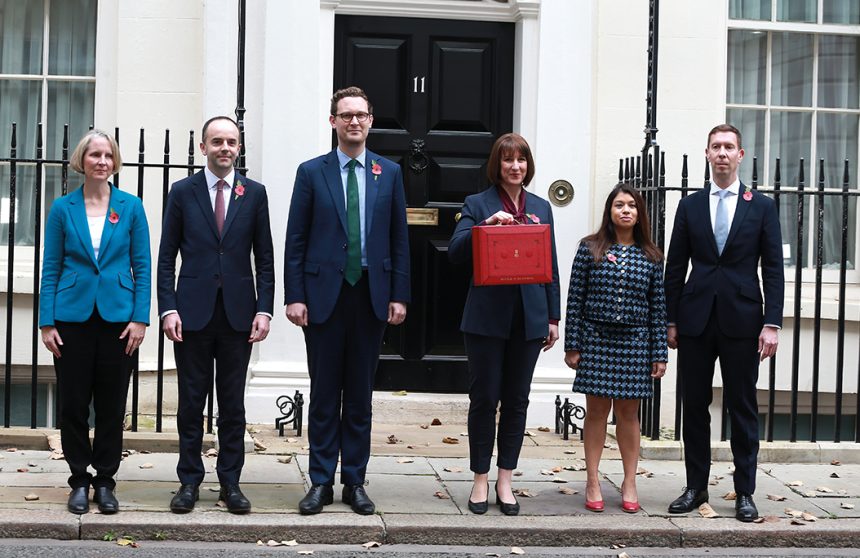Coach and bus operators have expressed concern over the changes affecting businesses which were brought in by the Budget on 30 October.
In the first Labour Budget in 14 years, Chancellor Rachel Reeves controversially raised employers’ national insurance (NI) contributions from 13.8% to 15%.
That came one day after the announcement that the National Living Wage (NLW) outside London would be increased by 6.7% to £12.21 per hour from April 2025.
These changes followed unveiling earlier in the month of the Employment Rights Bill, which is set to enforce more stringent rules for employers if carried through Parliament.
Together with a lowering of the threshold from £9,500 to £5,000 at which employers’ NI contributions become payable, the percentage rise means an average extra cost of around £800 per employee, it is estimated.
Although the simultaneous doubling of Employment Allowance will mean the very smallest of businesses will be better off, this will not apply to most coach and bus operators.
Among those not welcoming the Chancellor’s reforms is DRM Bus in Herefordshire, which employs 28. MD Louis Dyson tells routeone: “As a small family-run business, the NI changes are not the best news…
“To stay competitive at hiring staff, it will affect smaller operators like ourselves the most as the increases in NI and minimum wage will eat into the money needed to upgrade vehicles to keep to emissions and PSVAR regulations, etc.”
Stronger words came from Stephen Dine, Managing Director of Empress Coaches in Hastings, who says: “I was looking to recruit more drivers in the new season. However, I shall now be looking what the longer-term cost implications are as our business is very seasonal and I will be assessing whether the further overheads justify the short summer season.”
As well as the increased costs associated with the hike in NLW, operators will be concerned over the ability to attract and retain staff, with minimum wage equating by FY25/26 to almost £24,000 per year for a full-timer. The legal minimum salary — for over-22s outside the capital — will have risen by an average 18% per year over the previous four years.
That said, Mr Dine adds: “Our staff have always been well paid — not easy for a small, family-run business — so seeing the minimum wage go up is not an issue for us.”
Meanwhile, Bullocks Coaches of Cheadle, estimates the Budget will cost it £40,000-50,000 per year. Director Robert Bullock says: “The biggest challenge is the increase in [NI] employer contributions. We’re facing a £615 increase per employee. Additionally, we’ll be looking at further increases when we give pay rises, which we’ll likely need to do.”
Alex Niemczyk, Managing Director of Roberts Travel Group in Leicestershire, admits the Budget “will impact every business in the UK, our industry in particular”.
He says: “There will be an unavoidable increase in operational costs, which will highlight challenges in recruitment and staff retention.”
The Managing Director of Belle Vue (Manchester) says the Budget “has not changed our stance on recruitments or retention” but adds it will have a business impact despite enjoying a strong financial outlook.
On the rise in minimum wage, Phil Hitchen says: “It does affect us. We’re recruiting valeting teams, young school-leavers or unskilled, we do a lot with charities and long-term unemployed. Until they get a three-to-six-month probation period and start to bring some value to the team, that’s going to affect the bottom line.”
He adds: “In terms of small to medium-type enterprises like ourselves, percentagewise on NI and tax, it comes off the bottom line and that’s got to be paid for.”
However, Mr Hitchen believes the employment law proposals, which include more day-one rights for employees and a tightening up on zero-hours contracts, is more of a concern. “I can see issues there,” he says.
“I think on employment rights around people who don’t comply, it’s going to mean a bit more time negotiating. But, as a business, we’ll cross the t’s, dot the i’s, change the contracts, get systems and processes in place, and brief the staff.”



























